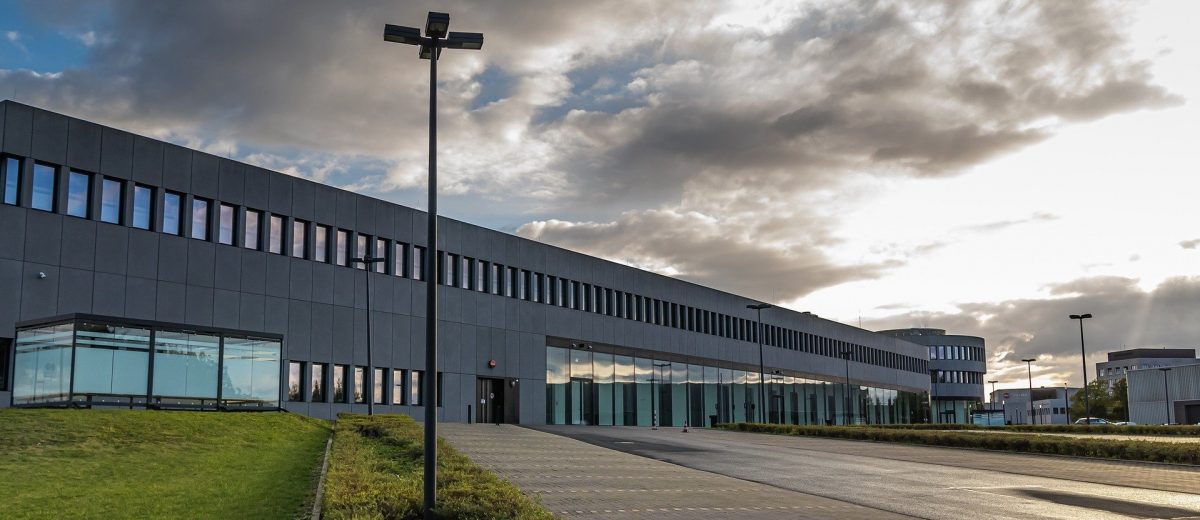By James A. Schnur, CCIM
President and Designated Managing Broker
Integrated Real Estate Solutions
LinkedIn
Between the fluctuations in the employment market and the increased demand for flexible work requirements from employees, business owners are searching to retain an edge against increased expenses and unknown factors. For many, this means re-evaluating the needs and terms of their physical office spaces.
A majority of employers still feel most comfortable retaining a physical space with plans that they will see greater utilization as the worst of the COVID-19 pandemic winds down. However, this is weighted against the rising number of workers operating on hybrid and fully work-from-home schedules, leading to less overall office utilization. This has naturally led many business owners to consider the benefits of adopting short-term leases on their spaces rather than continuing to commit to a long-term lease.
Short-term leases offer a number of benefits for companies with the right conditions, but they may not be right for everyone, and they have inherent drawbacks as well. Before fully committing to a short-term lease, consider the strengths and weaknesses, and how adopting a short-term lease could have an impact on the future of the business as a whole.
Strengths of Short-Term Leases
Adjust Accordingly
Business owners need the flexibility to stay agile relative to the size of their workforce. Because a company that grows too quickly can end up in just as tight of a pinch as a company with too few employees to fill seats. Ideally, a company would be able to pivot quickly to account for growth or shrinkage, allowing for maximum utilization of their space. And this is where a short-term lease becomes advantageous.
Business-owners that foresee either rapid expansion or a rapid shift to more remote employees would benefit from a shorter-term lease, as they allow the company to more quickly adjust to the needs of their shifting employee numbers. Whether that means a need for more desk space, fewer employees using meeting rooms, or just an overall shift in office layout.
Location, Location, Location
For some companies, it’s more important where they are based versus how the office is physically laid out. Prime urban markets can be a huge boon for foot traffic, increased recruiting, and curbside appeal, but it can be difficult to stay relevant when focusing shifts to new, emerging areas. Utilizing a short-term lease allows business owners to evaluate their location needs on a shorter timetable, and relocate to the next trending location without incurring costs from breaking a long-term lease.
Budget More Strategically
The physical space a company occupies helps define the brand. But not every company requires a highly customized space to support their identity. Companies that invest in long-term agreements generally search for spaces they can build out and craft to be their own, which takes a significant amount of capital. However, others that can operate with fewer build-out requirements and with a more general layout can reallocate the budgeted build-out expenses to distribute to internal departmental budgets, directly funding other important business and employee needs.
Weaknesses of Short-Term Leases
Higher Month-Over-Month Costs
For companies with tighter cash flow or higher overhead costs, this can be a very real, very pertinent drawback. Landlords tend to charge more month-over-month for short-term versus long-term leases, due to the increased risk that tenants will not renew their leases at the end of the term, or continually renegotiate. This also leads to fewer concessions from landlords upfront.
More Difficult Negotiations
An extension of the reduced concessions provided by landlords with short-term leases, tenants will also find they have reduced leverage when trying to negotiate the clauses within their short-term leases. Generally, landlords are more willing to work with companies seeking long-term commitments, as it provides less work and more security for the landlord as well as the tenant. Taking on a short-term lease cedes a portion of that power back to the landlord.
Taking a short-term lease requires thorough planning and analysis to ensure it is the best choice for the health of the business. Fortunately, these are not decisions that business owners need to make on their own. Tenant representative brokers at Integrated Real Estate Solutions are here to help ease the stress of choosing which type of lease is right for a business by weighing the pros and cons against the ultimate goals and success of their clients. Working with business owners and employers to achieve their ideal vision, IRES guides and advocates on behalf of a business’s interests to ensure that the next relocation opportunity leads to continued business success.
Integrated Real Estate Solutions, Inc. provides clients with the in-depth knowledge and experience that is critical to determine the right path to your next move, lease renewal, or strategic re-positioning of your real estate portfolio. Contact us or call 847.550.0160 today about your needs, and put our success to work for you.

